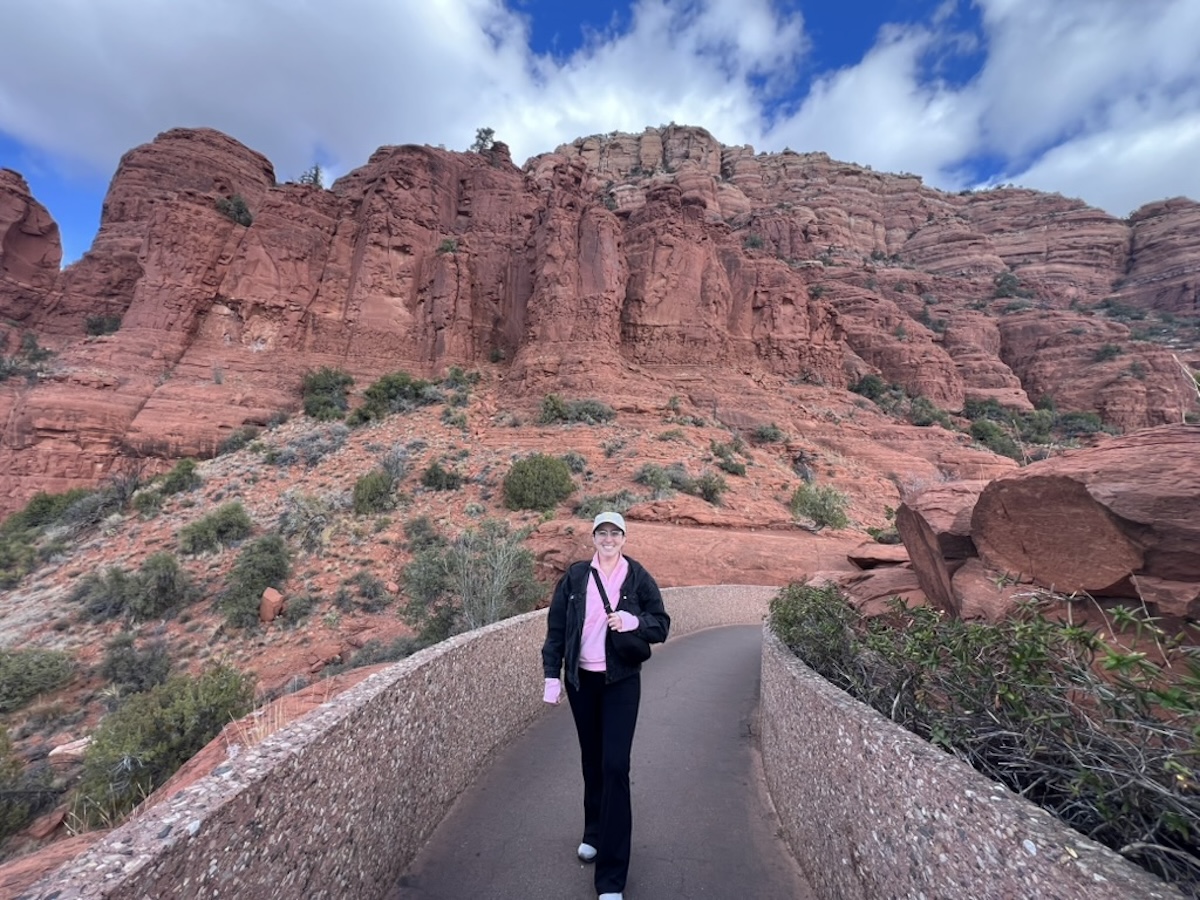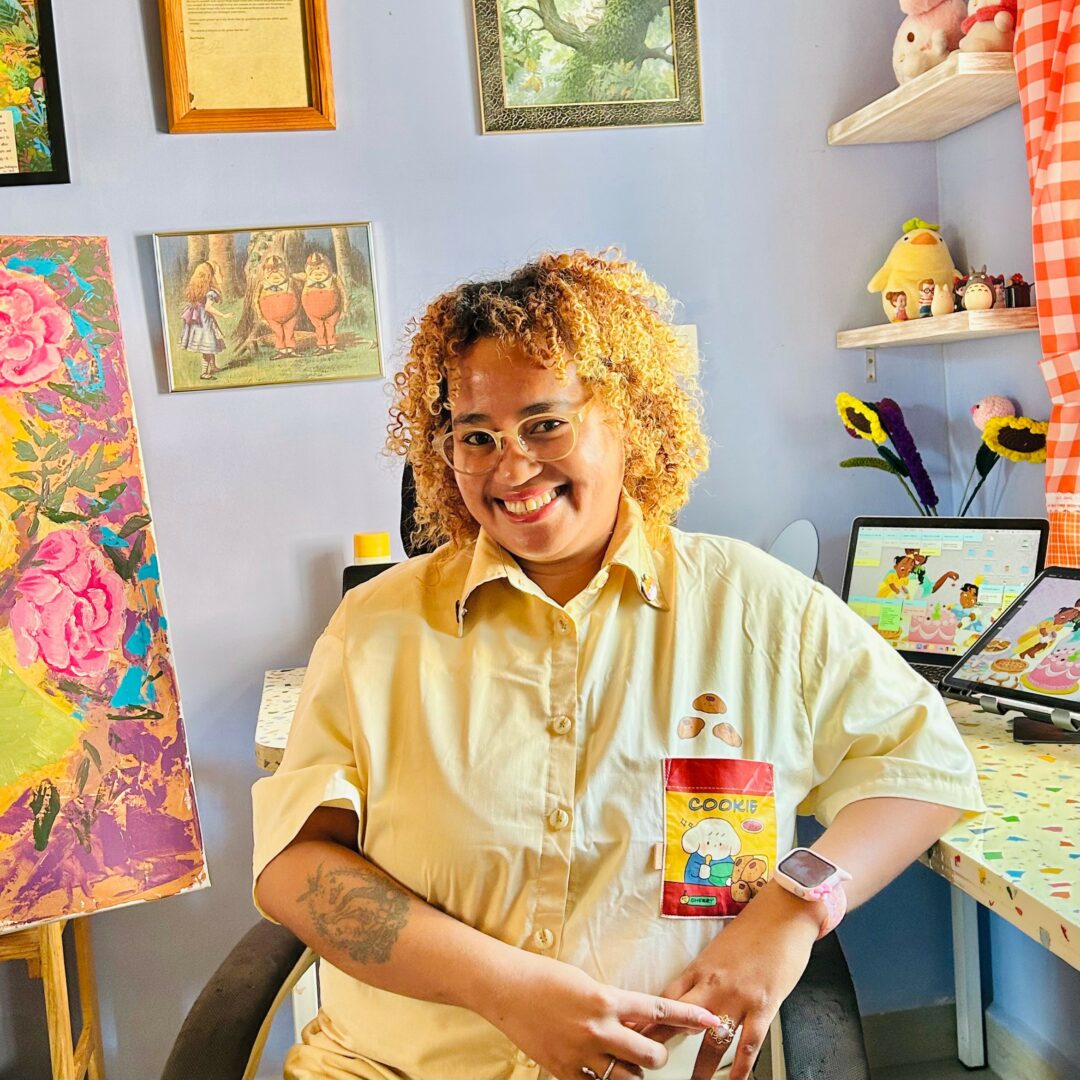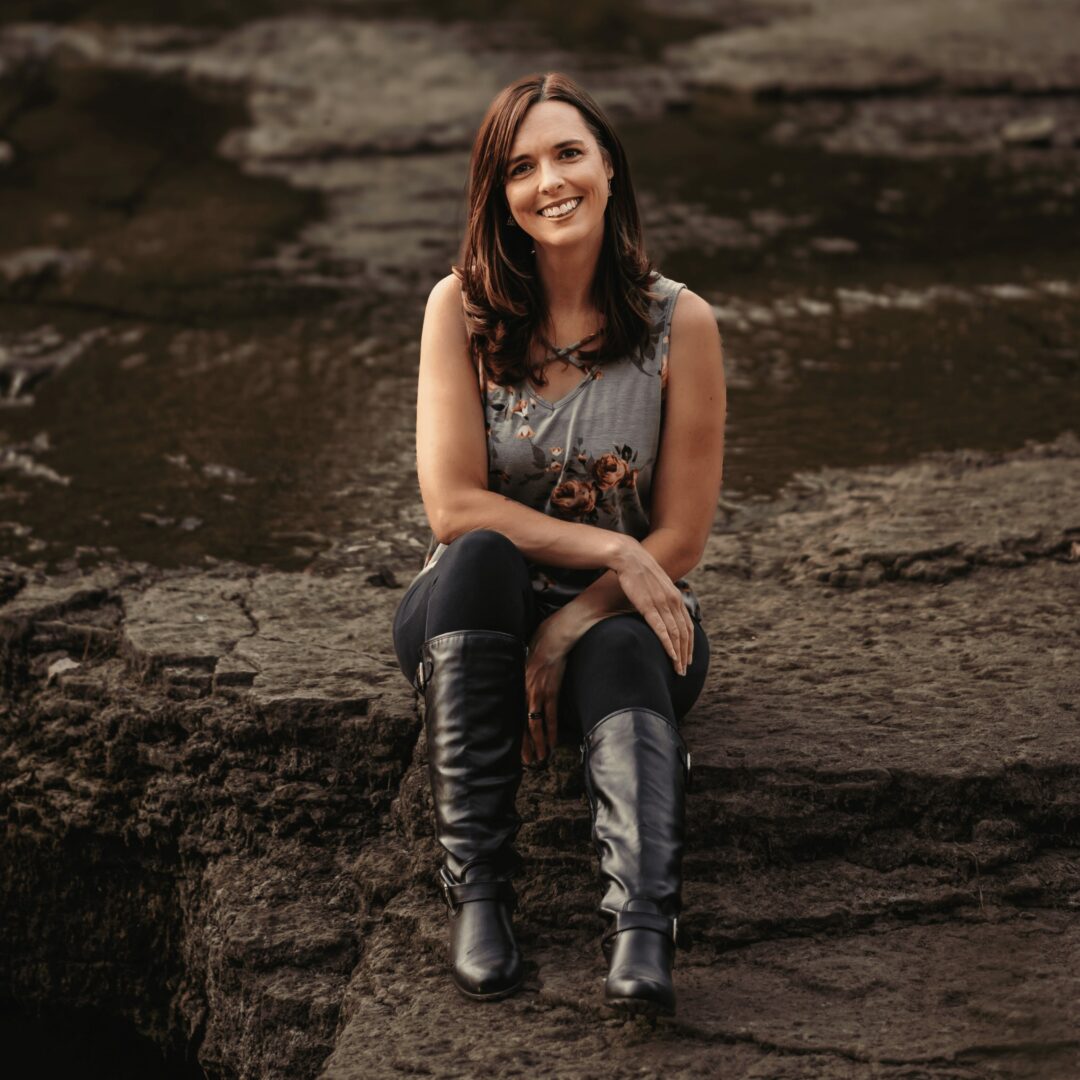We’re excited to introduce you to the always interesting and insightful Robyn Reyna. We hope you’ll enjoy our conversation with Robyn below.
Robyn, so great to have you with us and we want to jump right into a really important question. In recent years, it’s become so clear that we’re living through a time where so many folks are lacking self-confidence and self-esteem. So, we’d love to hear about your journey and how you developed your self-confidence and self-esteem.
Confidence and self-esteem are inherently tied together. They develop along-side one another and often blur together almost becoming one. Everyone gets their confidence from a different quality. In Adlerian Play Therapy we refer to these qualities as the Crucial C’s: connection, capability, courage, and counting. For me, Capability is my focus and because of that, developing my confidence and self-esteem comes directly from knowledge.
The more information I have, and the more skills I can develop at apply that information, the more confident I feel. So, developing confidence came from going to school and trainings, earning certifications in specific skills, reading books on every topic that comes across my path, and bantering ideas around with colleagues and friends about how to apply all that information.
For readers, it’s important to remember that confidence and self-esteem aren’t static. Some days you have way more than others. The goal is to raise your average feeling of confidence across time, but to do that it’s important not to let the low days dishearten you and keep you from working on the things that fill you up.
Appreciate the insights and wisdom. Before we dig deeper and ask you about the skills that matter and more, maybe you can tell our readers about yourself?
I am the owner of Calming Communities Counseling & Wellness, PLLC. We are a family therapy agency that will celebrate our first full year in operation at the beginning of May. We specialize in working with adults, teens, and children to help families create happier and healthier homes.
We do this by taking neuroscience that reveals the mental health needs of parents and children and teaching the families skills to better meet those needs for everyone in the family. This is done through individual therapy, group therapy, family therapy, and play therapy.
One of the goals we are most excited about right now is our efforts to increase our culturally and neurodiversity affirming practices. This fall we began working to decorate and celebrate as many cultural holidays as we can so that everyone can feel seen and celebrated in our space. We are also integrating changes to allow more flexible lighting, seating, and therapy tools to allow for increase neurodiverse regulation strategies in our space. Making sure everyone feels not only accepted but actively welcomed and celebrated is one of our highest priorities at Calming Communities.
Looking back, what do you think were the three qualities, skills, or areas of knowledge that were most impactful in your journey? What advice do you have for folks who are early in their journey in terms of how they can best develop or improve on these?
Three skills that have helped me most in my success are: remembering information, time management, and fostering growth in others. The first skill, remembering information, is one that makes many people feel utterly hopeless. I have a distinct ability to remember information, which I have to say has given me quite an unfair advantage throughout school and my career. But this isn’t a skill you are either born with or without. It’s a skill that is developed. While some of us instinctively develop it in early childhood, it can just as easily be intentionally developed later in life.
The best strategy I can give for developing the ability to recall information is that as you read or gather information, think about how it connects to your goals and values. The more your mind sees a direct connection between this information on this page and the things you are truly passionate about, the more important the information is. Human brains are designed to retain only important information. We take in millions of pieces of information every second, and we can’t notice them all much less remember them all weeks later. You brain naturally dumps everything not directly connected to the goals and values you believe are most important. But everything in the world is connected in some way. If you take the time to think about how this info you need to retain is connected to your passions, it’ll stick.
The second skill that has helped me the most is time management. I don’t waste time. It is a blessing and a curse. It causes me no end of anxiety and no small number of conflicts when I am rushing my family! But it is also a significant key to my ability to succeed. Because I don’t waste time, I get more done in the average day than a lot of people get done in a week.
But I want to be clear, I am not advocating for all work and no play. Time to relax, to play, even to binge watch Netflix is important for your time management and they aren’t “wasting time.” Self-care promotes the ability of your brain to processing information better, so more self-care means your homework or business work takes less time to complete!
What I am advocating for is using the time in between things that is usually just wasted. For example, use the time in the doctor’s lobby to read a book or reply to e-mails; listen to podcasts or audio books on the drive to work; and create dedicated admin time that people know not to interrupt where you grind out a lot of busy work. When my family is between races at swim meets you can usually find me doing paperwork or drawing one of my children’s books under a tent. These wasted 10 minutes, 30 minutes, and hours add up so fast. They also make it so that when I am hanging out with my family, I can be totally focused on them, and when I am binging Netflix, I don’t have to feel guilty and instead I just relish my down time. Managing time well lets me get more done for my work and my passions, but it also improves my ability to have time for true self-care. That’s why its key to my successes.
The final key to my success is possibly the most important to me: fostering growth in others. This skill developed naturally with my goal to promote awareness and understanding of mental health needs, because building that awareness helps everyone with growth. But supporting colleagues in my field not only drives my passion and motivation which keeps me from burning out, but it comes back when their work raises the success of my field that inherently raises my own success.
There is a phrase that describes this, “When the river floods all boats rise.” Not treating others who provide similar services as competitors that I need to beat means I can refer clients to them, provide them with materials and access to grow their work, and grow my own work by having access to their ideas and perspectives as well. These things grow my entire field essentially flooding my river. The time and energy I put into others has never done anything but bring both them and me rewards.
Okay, so before we go we always love to ask if you are looking for folks to partner or collaborate with?
Ultimately, Calming Communities is focused on spreading information about the neuroscience of mental health and child development. We love partnerships with schools, PTO’s and churches that let us bring that knowledge to parents and teachers and support them in their ever-challenging roles raising children.
We also aim to expand our services to include occupational therapy and dietary well-being to promote a more well-rounded sense of well-being, but that is a long way off. So, in the meantime, partnerships promoting access to these services help us reach that goal now before we are ready for those expansions.
Contact Info:
- Website:www.CalmingCommunities.com
- Instagram: https://www.instagram.com/calmingcommunities/
- Facebook: https://www.facebook.com/CalmingCommunities
- Linkedin: https://www.linkedin.com/company/Calming-Communities
- Twitter: https://twitter.com/robynrausch8
- Youtube: https://www.youtube.com/@CalmingCommunities




Image Credits
Photos courtesy of Calming Communities, PLLC.




